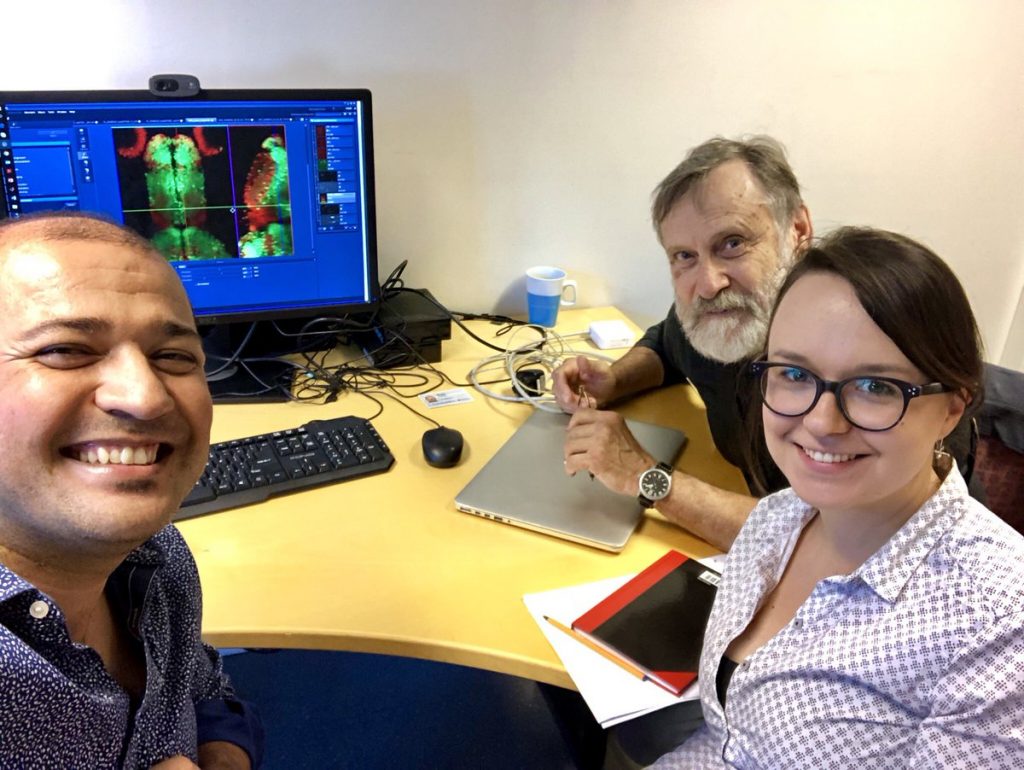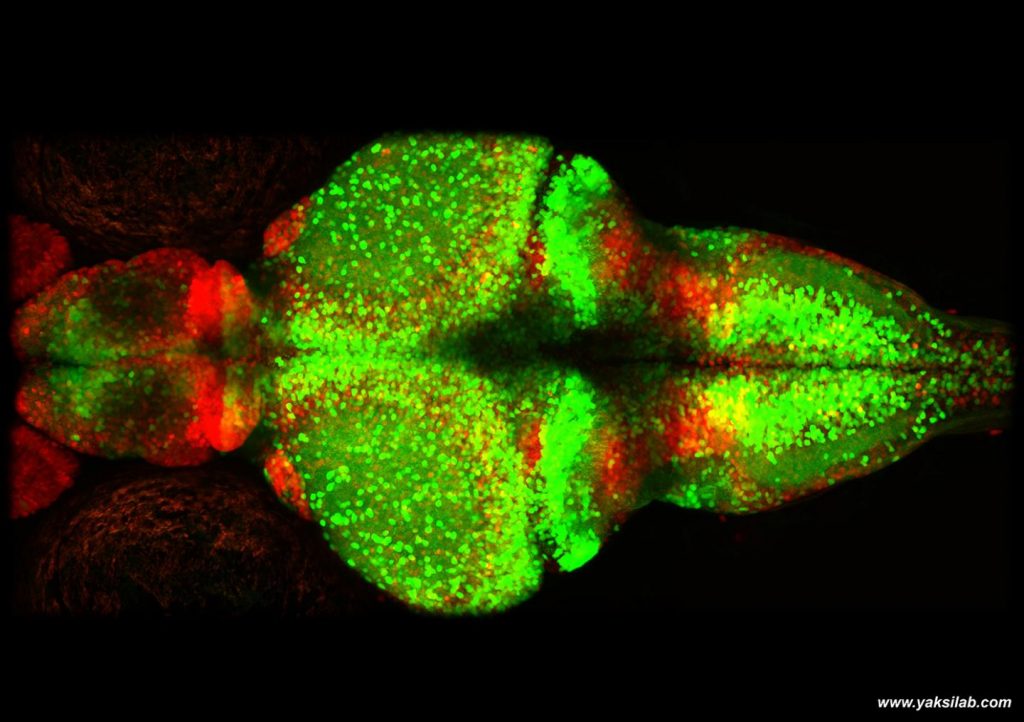A research team in Norway led by a Turkish scientist has shed new light on what could be happening to the human brain during an epileptic seizure – providing new hope for treatment.
A study by the Yaksi group at Trondheim’s Norwegian University of Science and Technology (NTNU), headed by Professor Emre Yaksi, suggests that seizures occur after “certain defence cells in the brain break down”, according to a report by Norwegian SciTech News. A breakdown of “glial cells” in the brain leads to an epileptic seizure, the website reported, citing the results of a study published in the Nature Communications science journal.
Prof Yaksi’s team studied epileptic seizures in zebrafish, which are transparent meaning activity in their nervous systems is easier to observe compared to other species. They found typical patterns in the glial cells just before and during the epileptic seizures.
Researchers hope their findings could, in the long-term, “inspire novel therapies for patients suffering from seizures”.
Diseases associated with damage to the glial cells include multiple sclerosis, Parkinson’s disease and Alzheimer’s disease, the website noted.
“Now we’re working further to investigate whether we can recognise any of the mechanisms that we identified in our current study in our ongoing collaboration with clinicians of St. Olav’s Hospital [in Trondheim] investigating genetic mutations causing epilepsy in patients,” Prof Yaksi said.
Writing on Twitter, he said that an “incredible amount of work went into this joint study” with biologist and wife Nathalie Jurisch-Yaksi.
“I am proud of our entire team and our collaborators, which made it possible,” he added.
Other Turks involved in the research included Germany-based neuroscientist Çağhan Kızıl, Mehmet İlyas Coşacak and Ecem Aydın.
Prof. Emre Yaksi (on left) with his “scientific hero” Leonard Maler reviewing his team’s pioneering research into epilepsy

Born in 1978, Prof Yaksi gained a degree in molecular biology and genetics in 2001 from Turkey’s Middle East Technical University. He pursued postgraduate studies at the Max Planck Institute for Medical Research, University of Heidelberg, Germany, followed by spells working at the Harvard Medical School in the US and at research centres in Belgium.
Since 2017 Yaksi has been a professor at the NTNU’s Kavli Institute for Systems Neuroscience.





